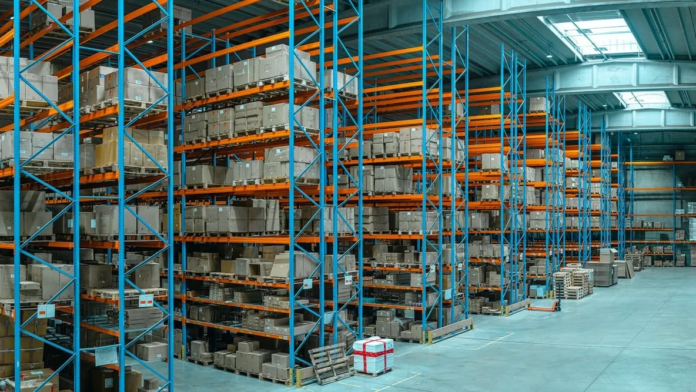Warehouses are critical hubs in the supply chain, but they also generate a significant amount of waste—from packaging materials and pallets to damaged goods and outdated inventory. Poor waste management can lead to safety hazards, inefficiency, and increased operational costs. This complete guide will help you understand the best strategies for effective warehouse waste management.
Why Warehouse Waste Management Matters
Efficient waste handling is not just about cleanliness—it’s about sustainability, cost control, and maintaining a safe work environment. Proper waste management helps:
- Reduce clutter and improve workflow
- Minimize environmental impact
- Lower waste disposal and hauling costs
- Ensure compliance with regulations
Ignoring waste buildup can disrupt operations and harm your bottom line.
Step 1: Identify and Categorize Waste Types
Start by assessing the types of waste your warehouse generates. Common categories include:
- Cardboard and packaging materials
- Plastic wrap and shrink film
- Wooden pallets and crates
- Electronic waste (e-waste)
- Organic or hazardous materials
Categorizing waste helps determine what can be reduced, reused, or recycled.
Step 2: Implement the 3Rs: Reduce, Reuse, Recycle
A successful warehouse waste program prioritizes the 3Rs:
- Reduce packaging waste by working with suppliers to minimize excess materials.
- Reuse shipping materials like pallets and containers when possible.
- Recycle materials such as cardboard, plastic, and metals using separate bins or stations.
Pro Tip: Train staff to properly sort materials to avoid contamination and improve recycling rates.
Step 3: Create a Waste Management Plan
Develop a detailed plan that outlines:
- Collection schedules
- Bin placement and labeling
- Roles and responsibilities
- Safety protocols for handling specific materials
Consistency is key—make sure all employees are familiar with the plan and trained on best practices.
Step 4: Partner With Recycling and Waste Hauling Services
Form partnerships with local waste management companies or recycling facilities to streamline pickup and ensure proper disposal. Specialized services can also help with hazardous or bulky waste.
Key Services to Consider:
- Cardboard baling and pickup
- Pallet collection and reuse
- Electronics and battery disposal
- Dumpster rentals for ongoing or one-time cleanouts
For flexible solutions, Zippy Dumpster offers roll-off containers ideal for warehouse environments, allowing you to manage large volumes of waste efficiently.
Step 5: Monitor, Evaluate, and Improve
Track your warehouse’s waste output regularly to measure success. Use metrics like:
- Total waste vs. recycled material
- Disposal costs over time
- Space saved by better material flow
Hold regular audits and encourage employee feedback to refine your processes.
Conclusion: Turn Waste Into an Opportunity
A clean, organized warehouse isn’t just better for productivity—it’s essential for long-term business success. By implementing smart waste management practices, you not only reduce costs but also support a greener future.
If your warehouse project requires a dependable waste disposal solution, Zippy Dumpster has the equipment and expertise to help manage large-scale industrial and packaging waste with ease.

